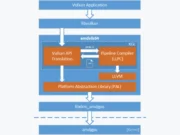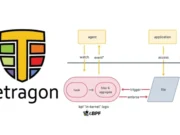CyberSentry is a robust automated scanning tool designed for web applications.
It helps security professionals, ethical hackers, and developers detect and resolve vulnerabilities to strengthen their web environments.
Features
- Multiple Vulnerability Tests: Includes tests for SQL Injection, XSS, and HTTP Parameter tampering.
- Extensive Coverage: Capable of scanning various frameworks and databases, including MySQL, PostgreSQL, NoSQL, PHP, and more.
- Efficiency and Performance: Optimized for minimal resource usage while maintaining thorough scanning capabilities.
- User-Friendly Outputs: Provides color-coded, real-time feedback for easy understanding and tracking of scanning progress.
- Automated Reporting: Generates detailed reports outlining detected vulnerabilities, including severity and recommendations for mitigation.
Table Of Contents
- Installation
- Usage
- Payload Configuration
- Contributing
- License
- Contact
Installation
git clone https://github.com/yourusername/CyberSentry.git
cd CyberSentry
pip install -r requirements.txtUsage
To start using CyberSentry, run the following command:
python3 CyberSentry.pyFollow the interactive prompts to select your target URL and the type of scans you wish to perform.
Payload Configuration
CyberSentry uses external files to manage payloads. To add or modify payloads, edit the corresponding text files in the payloads directory:
sqli_payloads.txt for SQL Injection payloads
xss_payloads.txt for XSS payloads
http_parameter_payloads.txt for HTTP Parameter payloads

























